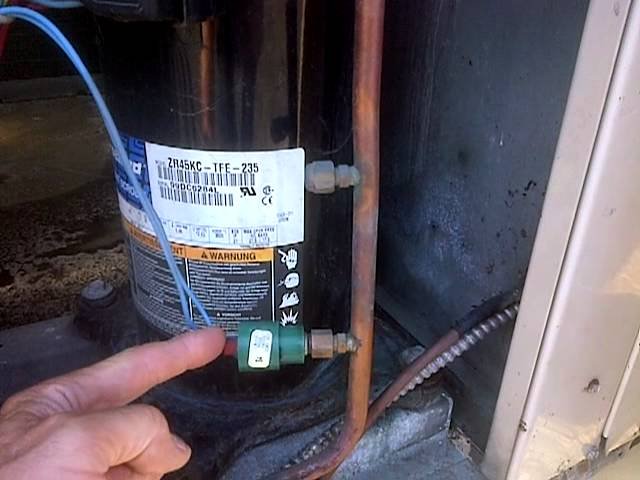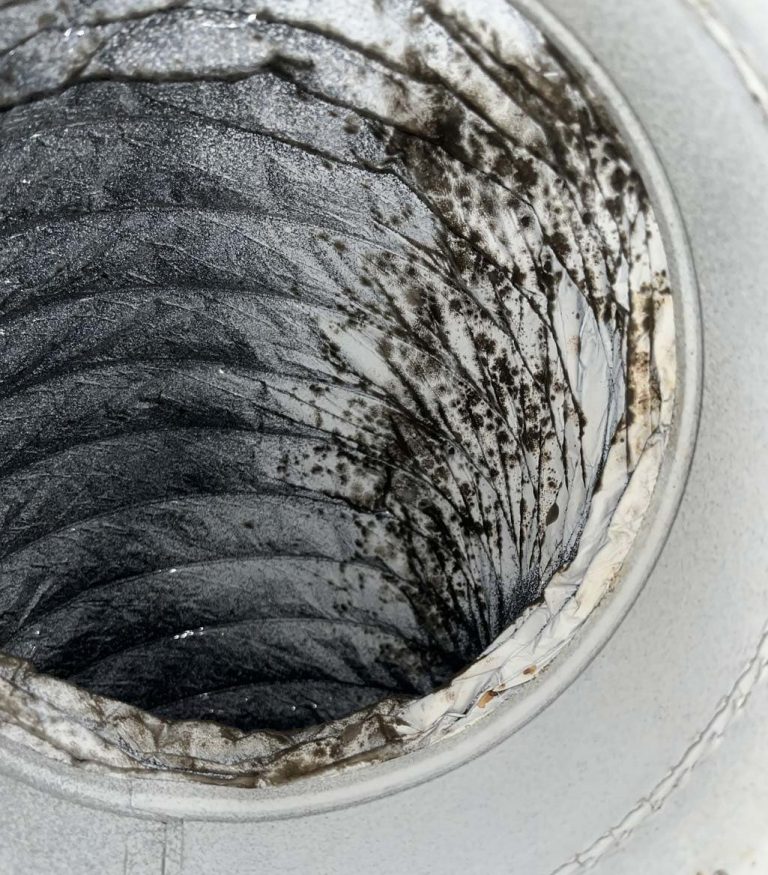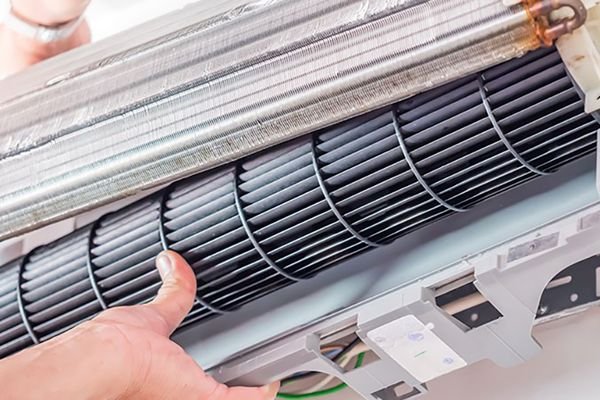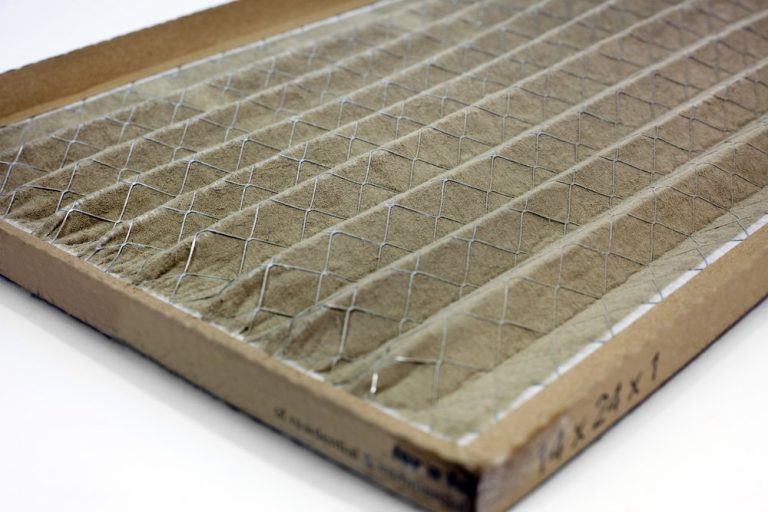Close Air Conditioner Vents In Winter: Maximize Efficiency And Save Energy
Closing air conditioner vents in winter can save money on energy bills and create a more comfortable home environment. By closing the vents, you can optimize your central heating system, reduce drafts, and keep your home warm throughout winter. It is an effective strategy for maximizing energy efficiency and cost savings during the colder months.
On a frosty winter morning, as you sip your hot coffee and admire the snowflakes gently cascading outside your window, you may not realize that a silent culprit lurks within your home, siphoning away both your hard-earned money and precious warmth. It’s your air conditioner vents, quietly humming along, unaware of the costly consequences of leaving them open during the winter months.
While it may seem counterintuitive, closing your air conditioner vents in winter can be a game-changer for homeowners seeking to save money on energy bills and maintain a cozy, comfortable home environment. By taking a simple step like this, you can harness the full potential of your central heating system, reduce drafts, and put an end to the perennial struggle of keeping your home warm throughout winter.
For those seeking energy efficiency, cost savings, and relief from the chilling outdoor temperatures, understanding the importance of closing air conditioner vents during winter becomes paramount. In this article, we will delve into the reasons why these vents should be closed and explore the benefits that come with this simple yet significant action. Whether you are a novice homeowner looking to optimize your heating system or an experienced renter aiming to slash those astronomical energy bills, this comprehensive guide will equip you with the knowledge and strategies needed to conquer winter’s chill while keeping your budget intact.
So, without further ado, let’s dive into the world of closed air conditioner vents in winter and unlock the secrets to a warm and wallet-friendly home.
Why Close Air Conditioner Vents in Winter?
During the winter months, when the temperature plummets and the icy winds howl outside, it might seem counterintuitive to close your air conditioner vents. After all, isn’t the purpose of the vents to circulate air and keep the indoor environment comfortable?
While it’s true that air conditioner vents play a crucial role in distributing cool air during the sweltering summer months, leaving them open in winter can wreak havoc on your energy bills and overall comfort. Here’s why closing air conditioner vents in winter is a smart move:
Energy Efficiency
When you leave your air conditioner vents open in winter, you’re essentially allowing cold air from the outside to seep into your home. This influx of cold air forces your central heating system to work harder to maintain a constant temperature, leading to increased energy consumption and higher utility bills.
By closing the air conditioner vents, you effectively create a barrier between the frigid outdoor air and your warm home. This prevents the cold air from infiltrating your living space and puts less strain on your heating system, resulting in significant energy savings.
Draft Reduction
Do you often feel drafts in certain areas of your home during the winter? These drafts can make your living spaces feel uncomfortably chilly, no matter how high you crank up the heat. Closing your air conditioner vents can help alleviate this issue.
When the vents are open, they allow cold air to enter your home, which can create drafts in rooms that aren’t in frequent use or are located near exterior walls. Closing the vents in these areas can effectively reduce drafts and make your home feel warmer and more comfortable.
The Benefits of Closing Air Conditioner Vents
Now that you understand why it’s important to close your air conditioner vents in winter, let’s explore the numerous benefits that accompany this simple yet impactful action:
Lower Energy Bills
One of the most significant advantages of closing air conditioner vents in winter is the immediate impact it has on your energy bills. When you prevent cold air from infiltrating your home, your heating system doesn’t have to work as hard to maintain a comfortable temperature.
This reduced workload translates to lower energy consumption and ultimately leads to substantial savings on your monthly utility bills. By simply closing a few vents, you can keep more money in your pocket throughout the winter season.
Enhanced Heating System Performance
When your air conditioner vents are open during winter, your heating system is essentially fighting a losing battle against the incoming cold air. This constant battle can put unnecessary strain on your heating system, reducing its overall performance and potentially causing premature wear and tear.
By closing the vents, you alleviate this strain and allow your heating system to perform optimally. It can efficiently heat your home without having to compensate for the influx of cold air, ensuring its longevity and minimizing the need for costly repairs.
Increased Comfort
Keeping your air conditioner vents closed in winter not only saves you money but also enhances your overall comfort. By preventing the entry of cold outdoor air, you create a more consistent and warmer indoor environment.
No longer will you have to bundle up in layers or constantly adjust the thermostat to combat the chill seeping through open vents. With closed vents, you can enjoy a cozy and comfortable home without sacrificing warmth or breaking the bank.
How to Properly Close Air Conditioner Vents
Now that you’re convinced of the benefits of closing air conditioner vents in winter, let’s discuss the proper steps to ensure you do it correctly:
Locate the Vents
The first step is identifying the location of the air conditioner vents in your home. In most houses, these vents are typically found in the ceiling or near the floor, depending on the design of your heating and cooling system.
Take a walk around your home, inspecting each room for the presence of air conditioner vents. Make note of their positions and ensure you have a clear understanding of where they are located.
Close the Vents
Once you have located the vents, it’s time to start closing them. Depending on the type of vents you have, this can be done in several ways.
If your vents have adjustable slats, you can simply rotate them to the closed position. This effectively blocks the airflow and prevents cold air from entering your home.
For vents without adjustable slats, you can use magnetic vent covers or adhesive tape to cover the vents fully. These covers are readily available at hardware stores and can be easily installed and removed as needed.
Consider the HVAC System
Before closing all the vents in your home, it’s important to consider the impact on your HVAC (heating, ventilation, and air conditioning) system. Closing too many vents can disrupt the balance of air pressure and potentially damage the system.
If you have a forced-air heating system, it’s advisable to leave at least one or two vents open in areas that require consistent heating, such as the main living area or bedrooms. This allows for proper air circulation and prevents any negative effects on your HVAC system.
Consulting with an HVAC professional can provide valuable insight into the optimal number of vents to close in your specific home without compromising the overall functionality of the system.
By now, you should have a clear understanding of why it’s essential to close your air conditioner vents in winter. Not only does it improve energy efficiency and reduce drafts, but it also leads to lower energy bills, enhances the performance of your heating system, and increases overall comfort.
Remember to follow the proper steps to close the vents, ensuring you don’t disrupt the balance of your HVAC system. With these measures in place, you can conquer winter’s chill while keeping your budget intact.
The Proper Way to Close-off Air Conditioning and Heating Vents
Frequently Asked Questions (FAQ)
Should I close air conditioner vents in winter?
Will closing air conditioner vents affect the HVAC system?
Should I close all the vents or just some?
Will closing vents save on heating costs?
Is it necessary to close all vents even if I use a programmable thermostat?
Final Words: The Benefits of Closing Air Conditioner Vents in Winter
In conclusion, closing air conditioner vents in winter is a smart move for several reasons. Firstly, it improves energy efficiency by preventing cold air from infiltrating your home and forcing your heating system to work harder.
This leads to lower energy bills and significant savings. Secondly, closing the vents reduces drafts in your home, making it feel warmer and more comfortable.
The benefits of closing air conditioner vents include lower energy bills, enhanced heating system performance, and increased overall comfort. By preventing the entry of cold outdoor air, you create a more consistent and warmer indoor environment. This means you no longer have to constantly adjust the thermostat or bundle up in layers to stay warm.
To properly close air conditioner vents, start by locating them in your home and then close them using adjustable slats or covers. However, it’s important to consider the impact on your HVAC system and consult with a professional to ensure proper air circulation and avoid any damage. In summary, closing air conditioner vents in winter is a simple yet effective way to improve energy efficiency, reduce drafts, and increase comfort in your home.






